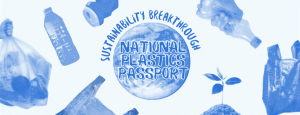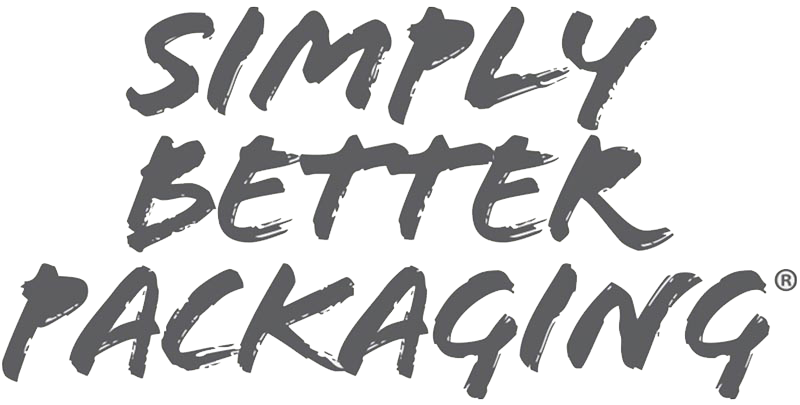A Breakthrough in Sustainability—Singapore’s National Plastics Passport
What is It?
Singapore’s Agency for Science, Technology, and Research recently announced a partnership with technology company Security Matters to create the first National Plastics Passport. This passport would address the biggest flaws of the recycling industry at the roots instead of working around them. Fundamentally, the recycling system has always been flawed. It is fragmented and inconsistent across countries, lacks structured oversight, and has a narrow scope that focuses primarily on bottles and food packaging. Check out our previous article on the U.S. recycling system’s history for more on this topic.
This new strategy uses built directly into the raw materials of virgin plastics on a sub-molecular level that will stick with the product for its entire lifecycle, including the chemical and mechanical recycling processes. It can differentiate between types of plastic (similarly to current resin identification codes), virgin and recycled materials, and determine the number of recycling loops the polymer has undergone, the recycled content percentage, and the original plastic’s brand owner. The data of the materials is retrieved with a small and fast customizable conveyer belt system with a reader that scans the plastic for the markers. While the cost of marking and machinery implementation has not been made publicly available, Security Matters claims it would be more cost effective than the current system due to the increased accessibility of plastic verification and the implementation of the Plastic Cycle token.
Take the process for a plastic drink bottle, for example. Before the LDPE plastic is produced, the marker would be added to the ethylene. This ethylene is turned into virgin plastic, which is turned into a bottle. This bottle is filled by the drink company, used by the consumer, and recycled. The recycling plant can use the machine to report to the bottle’s producer, brand, or importer for their lifecycle liability, and to determine how to recycle it. The bottle gets recycled into new resin to be combined with virgin resin to make new plastic. The producer or drink company can then use the reader to verify their recycled content before it goes out to customers to ensure compliance with government regulations and their own sustainability initiatives. The process then repeats itself, working to close the production cycle.
This system would turn fragmentation into global uniformity, base oversight in concrete proof over subjective paperwork, and allow for the inclusion of industrial plastics. Singapore has been the first to implement this nationally, setting an example for surrounding Southeast Asian markets.
What Does it Mean for YOU?
From a business perspective, the National Plastics Passport looks promising. Making the recycled content information standardized and more accessible instead of slower external auditing would reduce the cost, complexity, and time commitment of compliance with changing government requirements. This information would also allow brands better communication and transparency with consumers, building trust and brand loyalty. This is especially important with increasing pressures on brands to produce evidence to back up sustainability claims in the age of greenwashing.
The traceability of the chain of custody would allow manufacturers to respond quicker to product issues and recalls, and even pinpoint places for supply chain improvements. Security Matters has also introduced the Plastic Cycle Token, like Carbon Credits, to incentivize participation and sustainable efforts, making recycled plastics monetized, verifiable, and tradable like other commodities.
On an individual level, the ability to definitely verify the recycled content of plastic products for better and more transparent communication of a brand’s sustainability will enable consumers to make more informed decisions on how they’re spending their money. Additionally, a system that finally closes the cycle of plastic production, use, and reuse means not consuming more nonrenewable resources (petroleum) to make more plastic. This could slow the rising prices of petroleum in all our other everyday uses, like gasoline, heating, and electricity. Closing the loop means reducing waste headed to landfill, therefore reducing the pollution that gets back to you, ensuring a cleaner and greener future.
Sources
ABOUT PLACON
Since 1966, Placon has been a leading designer and manufacturer of innovative and sustainable plastic packaging for medical, food, and consumer goods markets. Placon has manufacturing operations in Madison, WI; West Springfield, MA; Elkhart, IN; and Plymouth, MN, and is currently ranked in the Top 20 in Plastics News 2024 Thermoformers Rankings. Placon delivers packaging breakthroughs that inspire better engagement between people and products.





